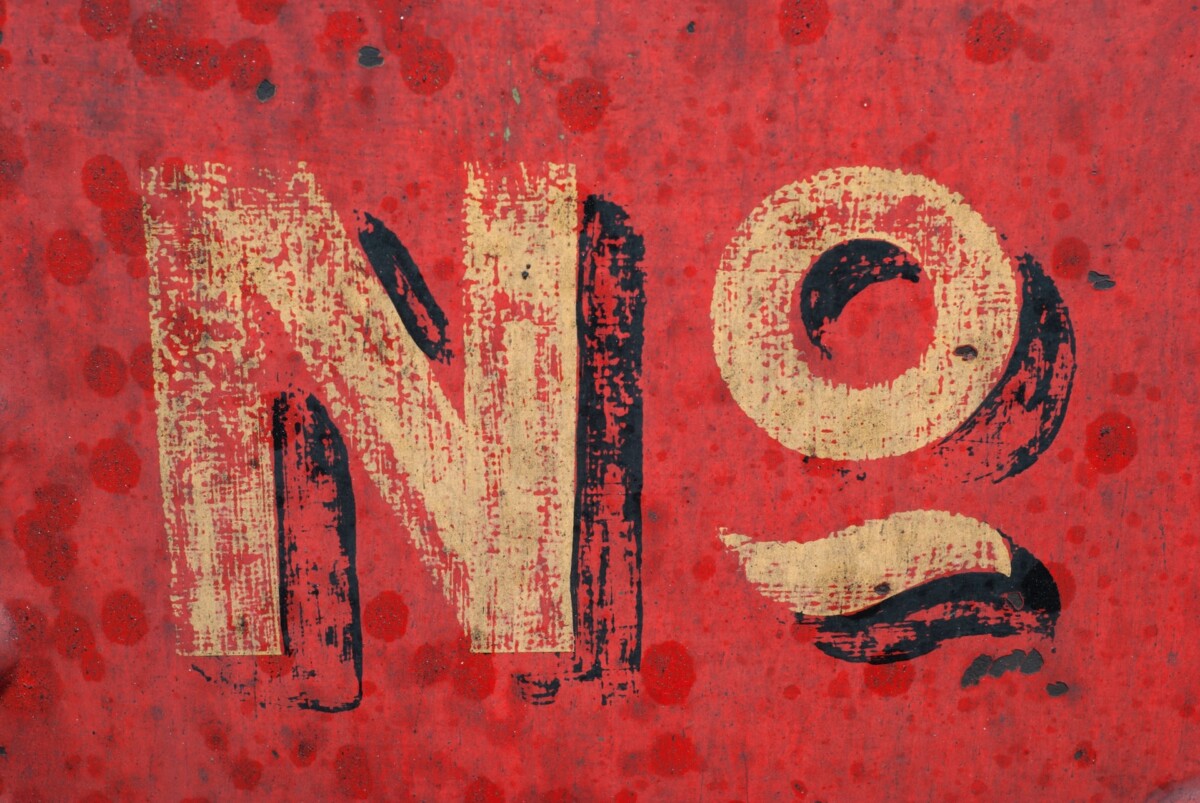Make sure the left hand knows what the right hand is doing
It’s a simple enough premise. If your customers, supporters or volunteers ‘speak’ with you about their needs, wants or a complaint, pay attention! It’s about having good internal communications and this means putting in place both the means for your people to communicate as well as nurturing the will for your colleagues to communicate with each other for everyone’s benefit.

But what about smaller organisations like charities? Among the charities I donate to are a few smaller or regional organisations that between them apparently can’t manage my contact preferences or set up my direct debits in spite of me frequently proffering the right information. I may have long hair but I’m still not Mrs. Baughen!
Advertisement
Data files in particular are not easy to manage so I have some sympathy but if I’ve called and emailed several times to point out errors, I expect someone to have passed that message on and acted upon it. That’s not unreasonable. Regarding the direct debit issues, if the folks I’ve spoken to don’t sort it out with their colleagues at the third time of asking, I’m not trying again. End result for said hospice is no donation from me.
When I worked at HSBC many years ago, every staff member had to attend a training course called the Winning Team. In a nutshell it tried to instil two things:
- We were all on the same side, so working better together and helping each other out was better for all of us in the long run
- We should own a problem if we encountered one
I think both are due a come-back in our super-busy, financial-bottom-line-obsessed 2012 society. What it meant for us back then was that if a customer called my number it was down to me to either find a solution or find someone that could help and then inform the customer what was going to happen. If I handed the issue over to someone else, it was down to me to diarise for an agreed future point to follow up with the colleague to ensure everything was sorted out or to help out if I could.
That was in my objectives; part of my job; official. And we did it.
If this was the approach adopted at the two charities I mentioned above, perhaps the poor soul answering the phone wouldn’t be getting it in the ear when continual mistakes are made. Perhaps if someone owned the problem and communicated with others – and they in turn reciprocated in kind by acting on the issue – the sum of the organisation would be greater than its parts in the eyes of supporters, volunteers and customers.
To balance the analogies here, a great example of this working in action is the volunteering team at Make-A-Wish Foundation who have significantly improved their communications, ownership of issues and ability to work effectively as a team. As a volunteer I can speak with one member of the team and have confidence in their recording and interpretation of any salient points in such a way that another member of the team could easily continue that conversation with me. We can share ideas and, because of their approach, I’m motivated to carry their ethos forwards with other volunteers making the entire team collectively stronger.
I appreciate that it’s difficult to quantify “improving internal communications” and “instilling a culture of teamwork” but the benefits to your organisation of the left hand knowing what the right hand is doing (and helping it along) are pretty clear and probably key to your longer-term future. We can’t compete on price or give-aways forever!
Does your left hand know what that right hand is doing?





